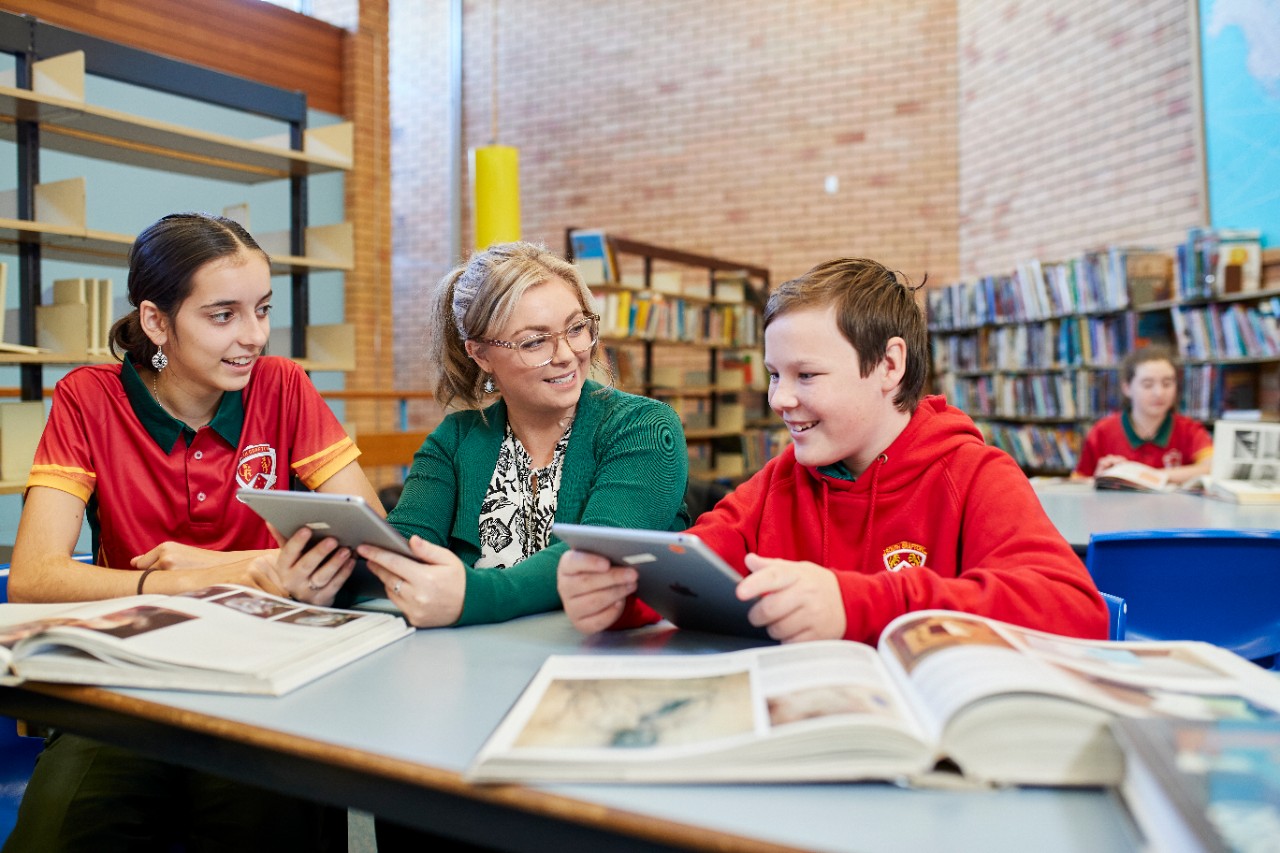Specific learning difficulty
Build on student strengths and support the learning and wellbeing of students with specific learning difficulties across all aspects of the curriculum.
About learning difficulty in reading, writing and mathematics
Some students may find a specific area of learning very challenging, such as reading, spelling, handwriting or mathematics, but do well in other areas of learning. Some may even excel in other areas of learning. Some students who experience difficulties with reading, spelling, handwriting or mathematics may have a specific learning disorder.
Specific learning disorders often co-occur with other developmental disorders, such as ADHD. A student can have more than one specific learning disorder.
Students with specific learning disorders such as dyslexia, dysgraphia and dyscalculia will need targeted intervention by trained professionals. Adjustments and intervention should be discussed with the student and their parent/carer as part of the collaborative curriculum planning process.
Reading difficulties, including specific learning disorder in reading (dyslexia)
Some students may have trouble reading words. They can find it difficult to ‘sound out’ and blend the sounds in a word.
This can make it difficult for them to understand things that are written, or spell words correctly.
They may find it hard to connect speech sounds with written letters or words.
Dyslexia is typically diagnosed by a psychologist. The psychologist will investigate the student’s learning strengths and difficulties.
Writing difficulties, including specific learning disorder in writing (dysgraphia)
Some students may write slowly and have trouble forming letters. They may experience challenges with grammar and vocabulary, and they may misspell words.
They may find it hard to organise their ideas, or to write a creative or logical piece
Dysgraphia is typically diagnosed by a psychologist. The psychologist will investigate the student’s learning strengths and difficulties. An occupational therapist can also identify handwriting and fine motor difficulties.
Mathematics difficulties, including specific learning disorder in numeracy (dyscalculia)
Difficulties with mathematics may look different from student to student. Some students find it hard to understand the meaning of numbers, and they may count on their fingers.
Other students may find basic addition or subtraction difficult. Some students may find more complex and abstract problems difficult to understand.
Dyscalculia is typically diagnosed by a psychologist. The psychologist will investigate the student’s learning strengths and difficulties.
Strengths
Some students who experience difficulties in one area of learning may do well in, and even excel in, other areas of their learning.
Some students who experience difficulties with reading may be good at nonverbal tasks. They may be particularly good with visual-spatial skills (ability to mentally picture and move images).
Some students who experience difficulties with reading may be good at verbal tasks. They may be particularly good at understanding information taught out loud or using images.




School Excellence Framework alignment
Wellbeing, Curriculum, Effective classroom practice
Australian Professional Standards for Teachers alignment
Standard 1: Know students and how they learn
Audience
Secondary teachers
Purpose
Strategies to support students with specific learning difficulties. Including: Evidence-based practices, best practice tips, curriculum considerations and other considerations for teachers of students with specific learning difficulties.
Reviewed
November 2021. Share your feedback here